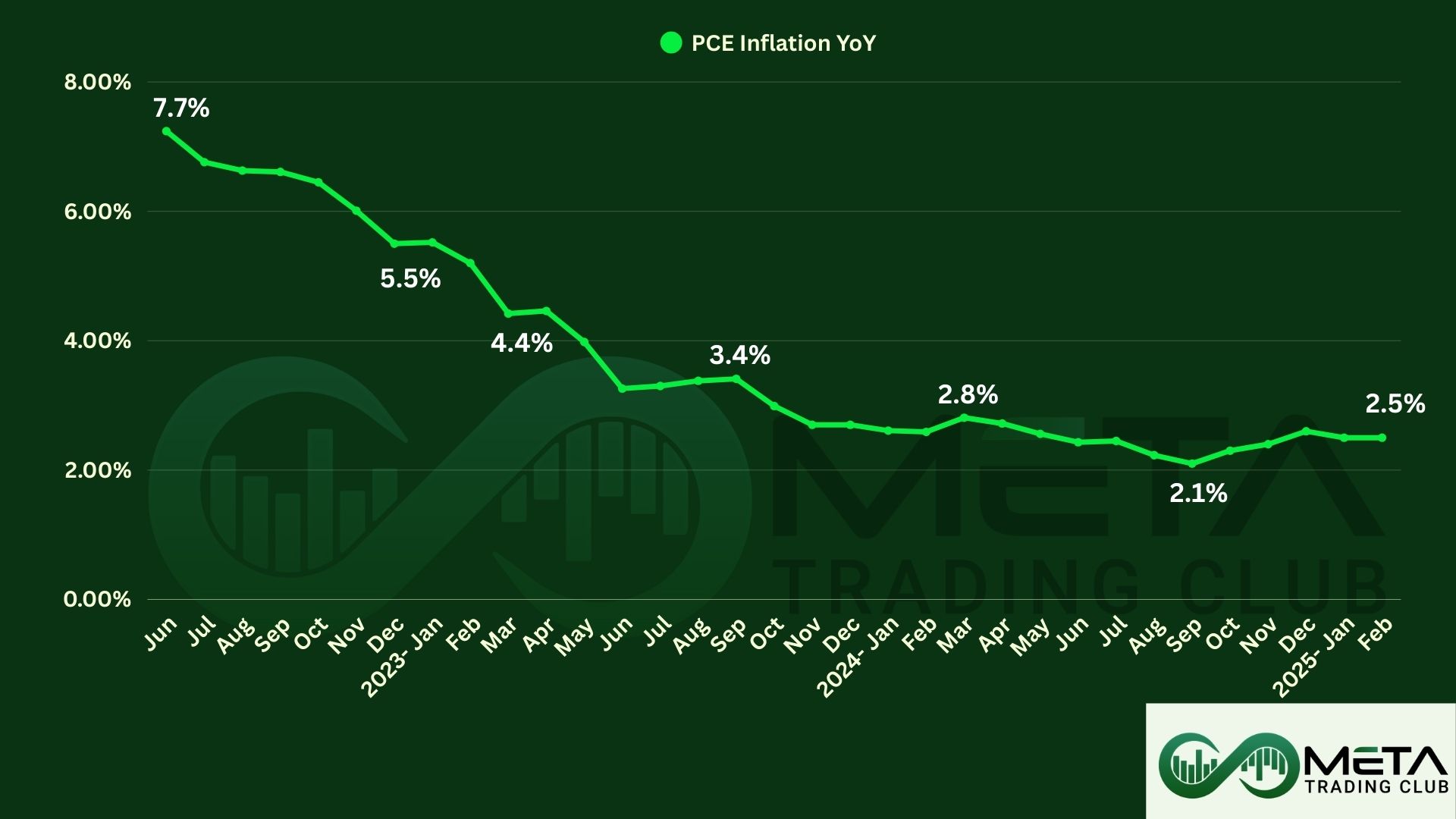Nike, Inc. is one of the world’s largest and most recognized sportswear and athletic apparel companies, known for its innovation in design, manufacturing, and marketing. Founded in 1964 as Blue Ribbon Sports and officially becoming Nike in 1971, the company has leveraged its powerful brand to dominate the global market in footwear, apparel, and equipment. Nike’s business model focuses on high-performance products across various sports, including running, basketball, and soccer, with continuous investments in cutting-edge technology and product innovation like its Flyknit and Air Max lines. The company’s direct-to-consumer strategy, bolstered by its robust e-commerce platform and Nike app, allows it to maintain strong relationships with customers and reduce dependence on third-party retailers.
From a financial perspective, Nike is an industry leader with substantial revenues. This drives by strong global brand equity, effective marketing campaigns, and strategic endorsements with elite athletes and sports teams. Its “swoosh” logo and “Just Do It” slogan are synonymous with athletic excellence. Nike’s business also benefits from its vast supply chain, efficient global distribution network, and commitment to sustainable practices, including the use of recycled materials in some of its products. The company’s ability to blend cultural relevance with innovative design keeps it at the forefront of both sports and fashion industries, providing a competitive edge in a rapidly evolving marketplace.
Nike Fiscal Q1 2025
NIKE, Inc. (NYSE:NKE) today reported fiscal 2025 financial results for its first quarter ended August 31, 2024.
- Revenues were $11.1 billion, down 10 percent on a reported basis, due to declines across all geographies.
- NIKE Direct revenues were $4.7 billion, down 13% on a reported basis, primarily due to a 20% decrease in NIKE Brand Digital, partially offset by a 1% increase in NIKE-owned stores.
- Wholesale revenues were $6.4 billion, down 8% on a reported basis.
- Gross margin increased to 45.4%, due to lower NIKE Brand product costs, lower warehousing and logistics costs, and benefits from strategic pricing actions from the prior year.
- Selling and administrative expenses decreased 2 percent to $4.0 billion.
- Net income was $1.1 billion, down 28%, and Diluted earnings per share was $0.70, a decrease of 26%.
Also, NIKE continues to have a strong track record of consistently increasing returns to shareholders. this includes 22 consecutive years of increasing dividend payouts.
In the first quarter, the Company returned approximately $1.8 billion to shareholders, including:
- Dividends of $558 million, up 6% from the prior year.
- Share repurchases of $1.2 billion, reflecting 14.8 million shares retired as part of the Company’s four-year. The $18 billion program approved by the Board of Directors in June 2022.
Future Outlook
Nike did not provide specific quarterly guidance for fiscal Q2 2025 but indicated a cautious outlook for the near term. The company expects continued challenges, particularly from uneven consumer demand globally and weaker sales in key markets like North America and China. Nike has cut its full-year 2025 guidance, forecasting a potential revenue drop of 10% next quarter. Additionally, the CEO transition in October 2024 introduces further uncertainty. However, the company remains focused on cost control, inventory management, and capital returns to navigate these challenges
Nike’s Board Statement
“NIKE’s first quarter results largely met our expectations. A comeback at this scale takes time, but we see early wins — from momentum in key sports to accelerating our pace of newness and innovation,” said Matthew Friend, Executive Vice President and Chief Financial Officer, NIKE, Inc. “Our teams are energized as Elliott Hill returns to lead NIKE’s next stage of growth.”
Impact of Earning on Stock
Nike’s Fiscal Q1 2025 earnings report led to a 5% drop in its stock during after-hours trading. The 10% year-over-year revenue decline, totaling $11.59 billion, fell short of market expectations. Compounding this, Nike withdrew its full-year financial guidance and postponed its investor meeting, adding to market uncertainty.
Weak demand in key regions, particularly China, and increased competition raised concerns about Nike’s short-term recovery. The upcoming leadership change, with Elliott Hill becoming CEO, added to the cautious sentiment. Despite near-term challenges, analysts remain optimistic about long-term growth potential.
Disclaimer: The views and opinions expressed in the blog posts on this website are those of the respective authors and do not necessarily reflect the official policy or position of Meta Trading Club Inc. The content provided in these blog posts is for informational purposes only and should not be considered as financial advice. Readers are encouraged to conduct their own research and consult with a qualified financial advisor before making any investment decisions. Meta Trading Club Inc shall not be held liable for any losses or damages arising from the use of information presented in the blog posts.













